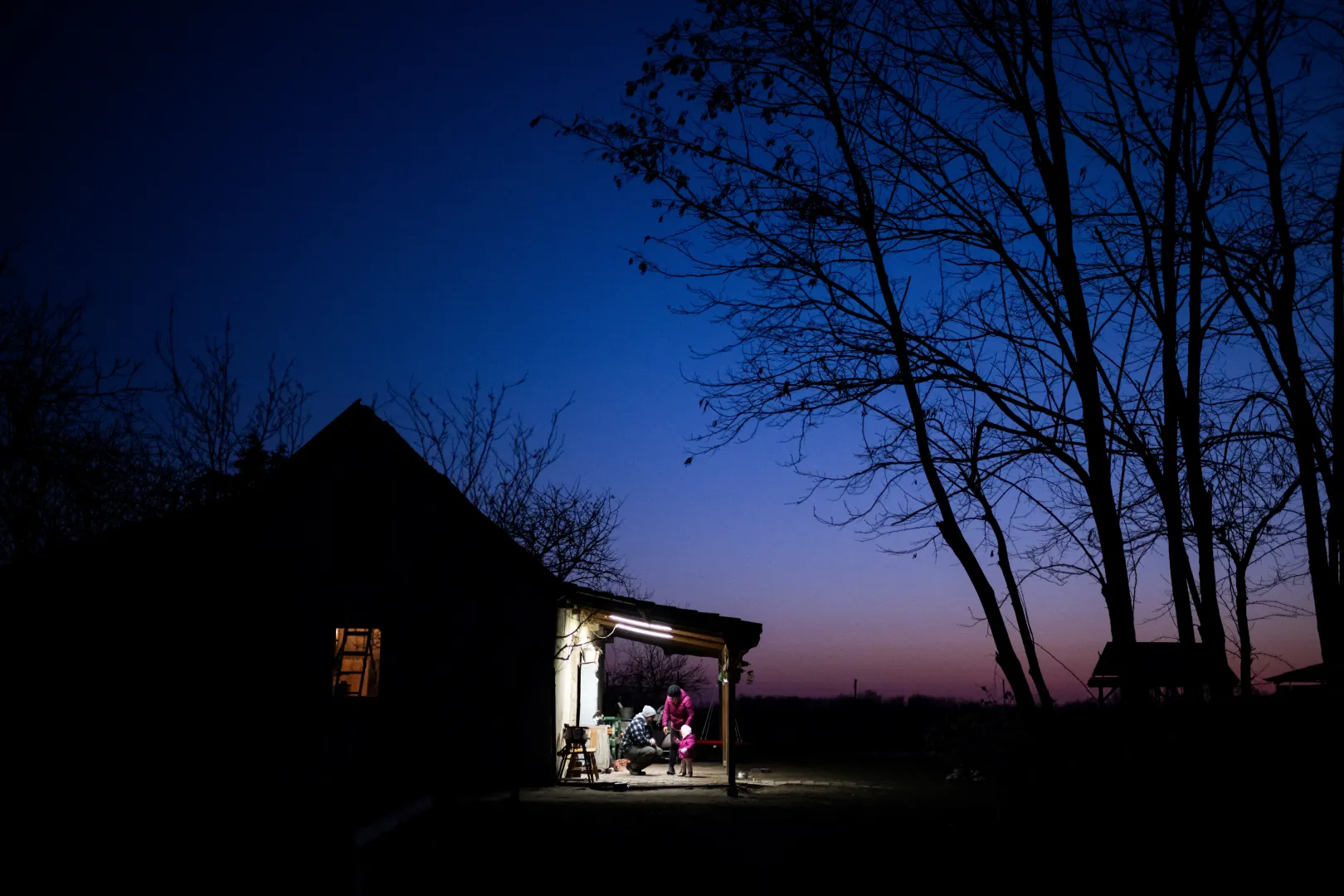The best part of this way of life is the freedom – self-sustaining farms in Hungary
May 27. 2024. – 03:43 PM
updated
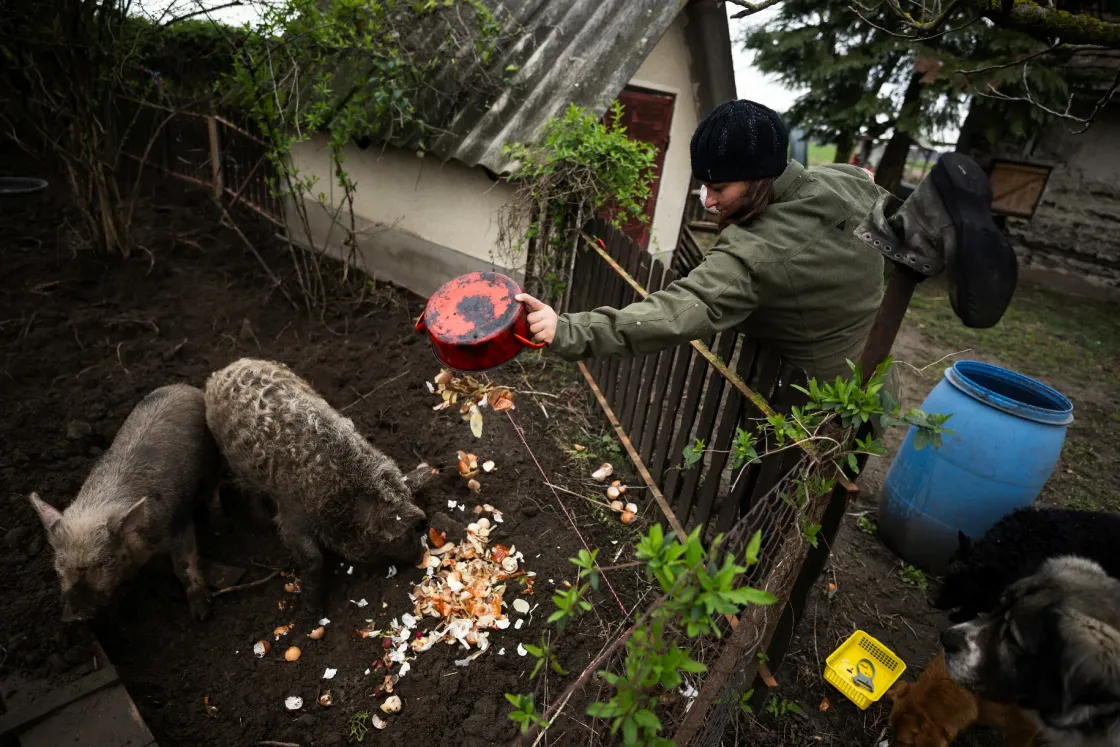
László Kemencei is living the most sustainable life possible on his small farm in Eastern Hungary. He believes that he borrowed the land from his daughter, so he has to do his best to preserve it for the future. Kemencei, 28, and his wife Cintia and their almost two-year-old daughter Boróka moved to the farm near Ladánybene three years ago. They keep horses, pigs and chickens on their four and a half hectares of land, some of which they rent for grazing. A photo series by Reuters.
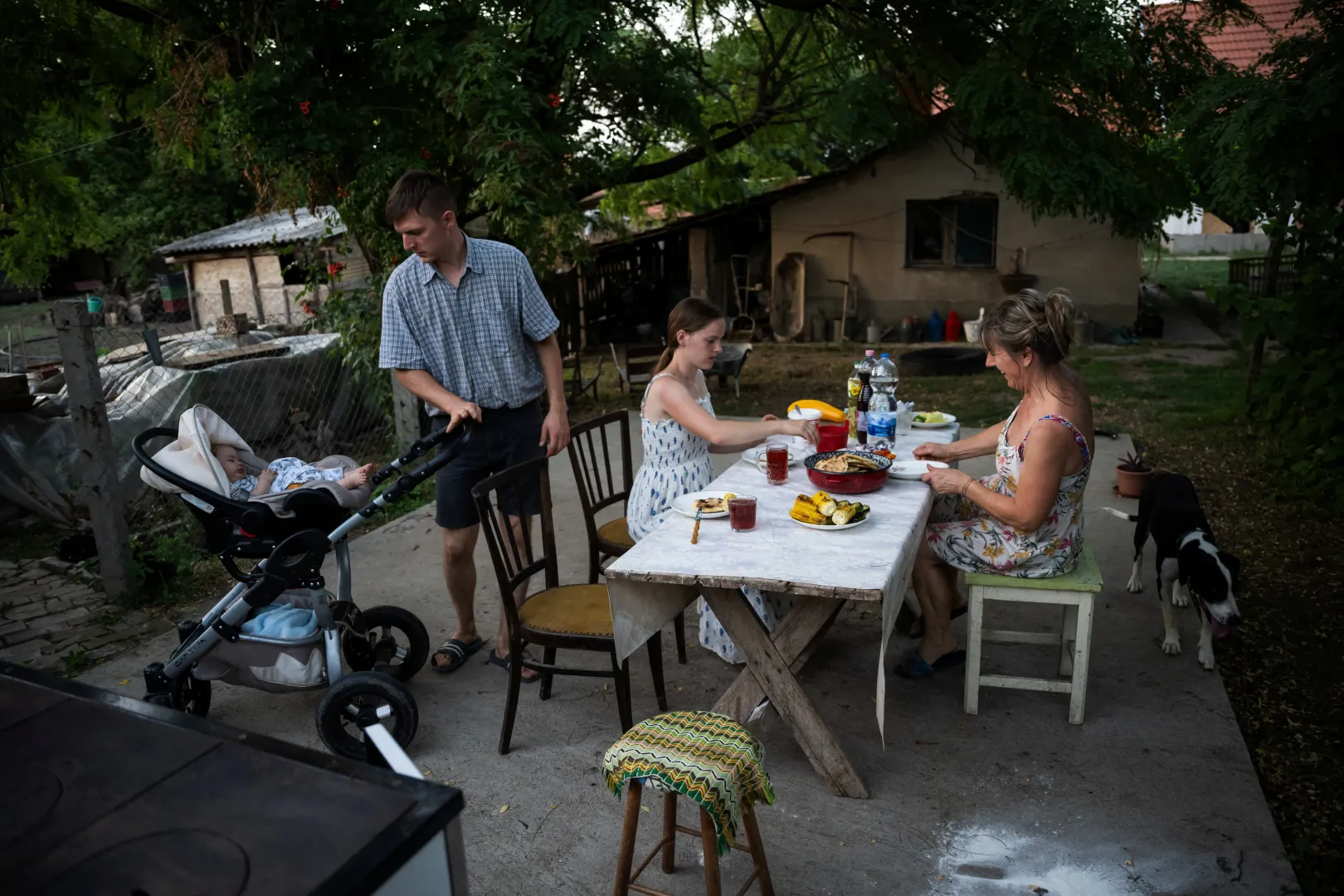
They don't use pesticides or insecticides, their animals are kept free range and they do as little digging as possible to preserve the structure and moisture of the soil. They grow their own vegetables, get meat by slaughtering their own animals or by trading, and pass the leftovers on to families who have chosen a similar way of life. "The best thing about this way of life is the freedom," Cintia says, “the fact that we aren’t constrained by anything and are our own boss. There's work to be done on the farm every day, regardless of whether you're a man or a woman, things have to be taken care of. ”
According to Kemencei, while total self-sufficiency is an unrealistic goal, they only rely minimally on external resources.
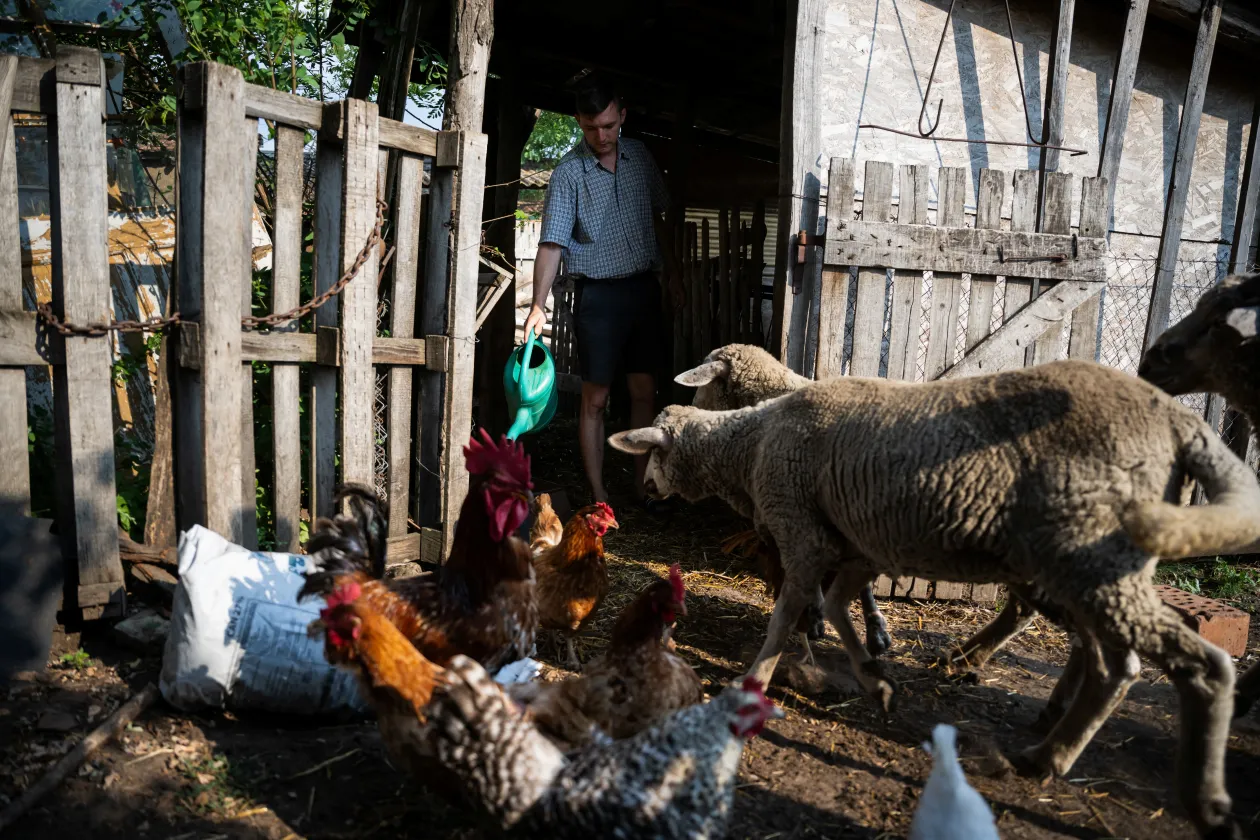
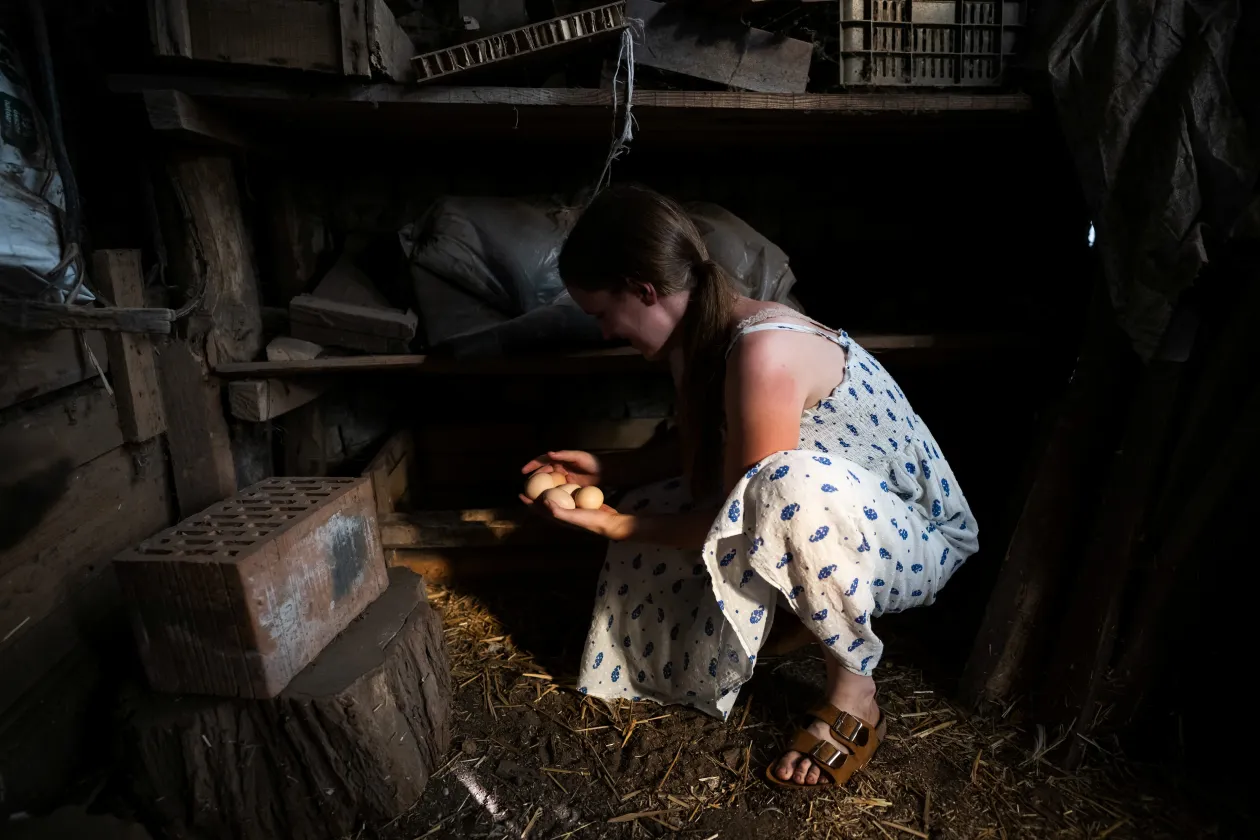
"We didn't inherit this land from our fathers, but are borrowing it from our children, so we are trying to live and cultivate the land sustainably." – he explains, sitting in their kitchen while a large piece of pork roast sizzles in the oven. Reversing the direction the world is currently going in is no longer possible, he says, but keeping it at the same level is. He would like his child to have the opportunity to grow something besides cacti in her garden, and he believes this is everyone's responsibility.
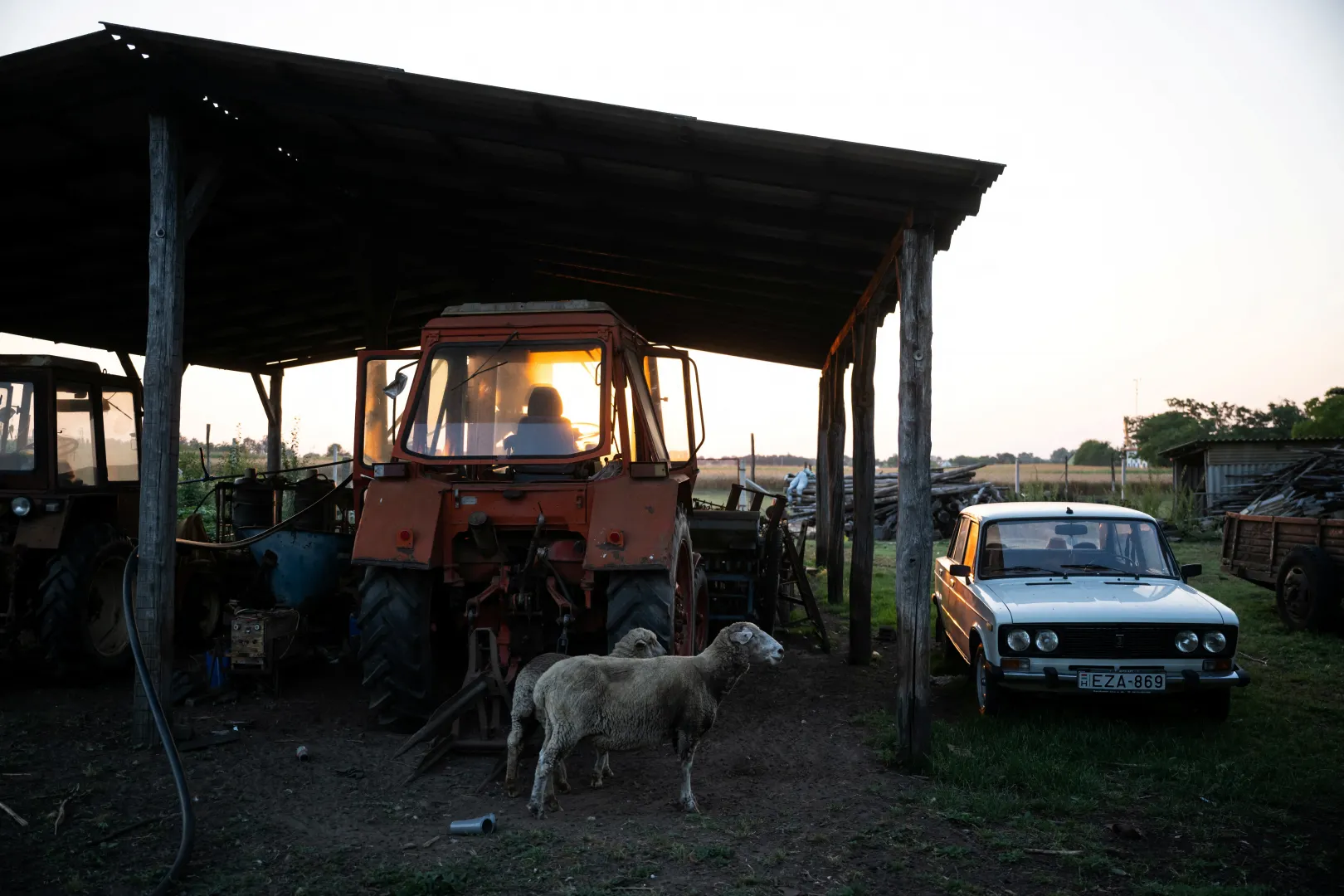
Although there are no statistics on how many people in Hungary are living this kind of life – many of them deliberately stay away from central institutions – rumor has it that their number is growing.
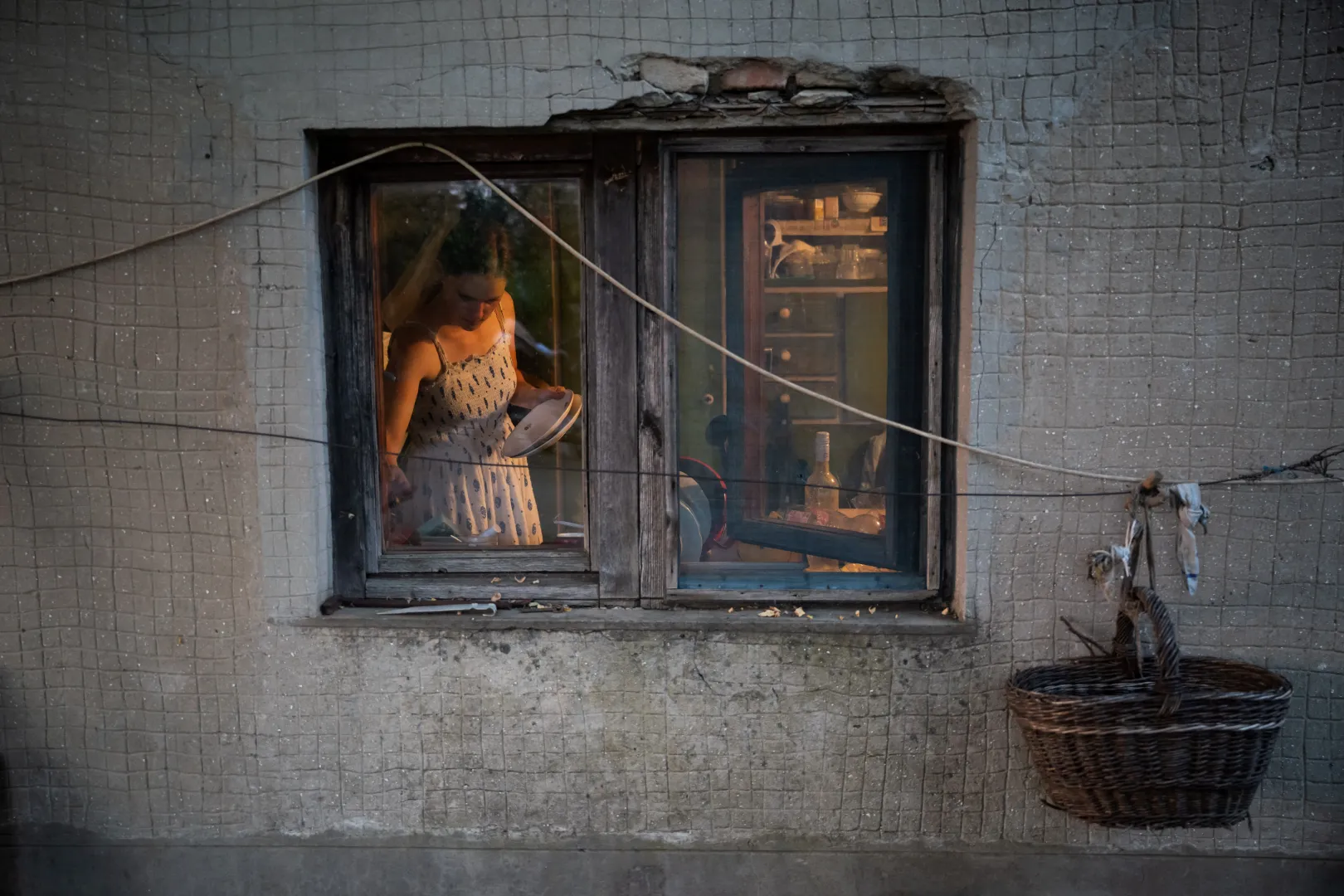
Many are simply looking to save on costs, while others are looking for an escape from consumerism or simply long for a greener life.
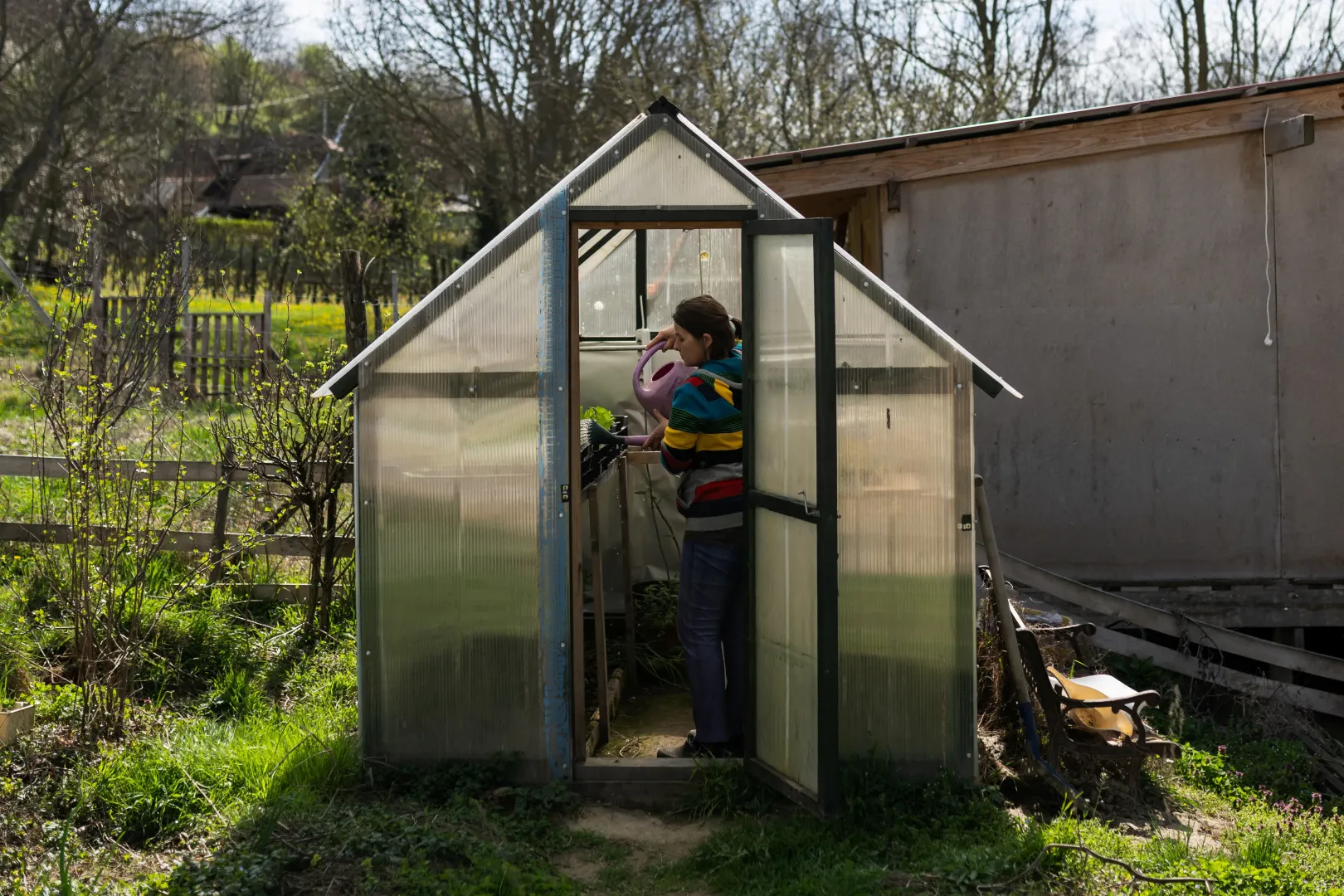
Kemencei estimates the number of families who are striving towards a more sustainable way of life in some way to be around 1000. Some are trying to live consciously on their own, while others are in informal partnerships or are members of structured eco-villages.
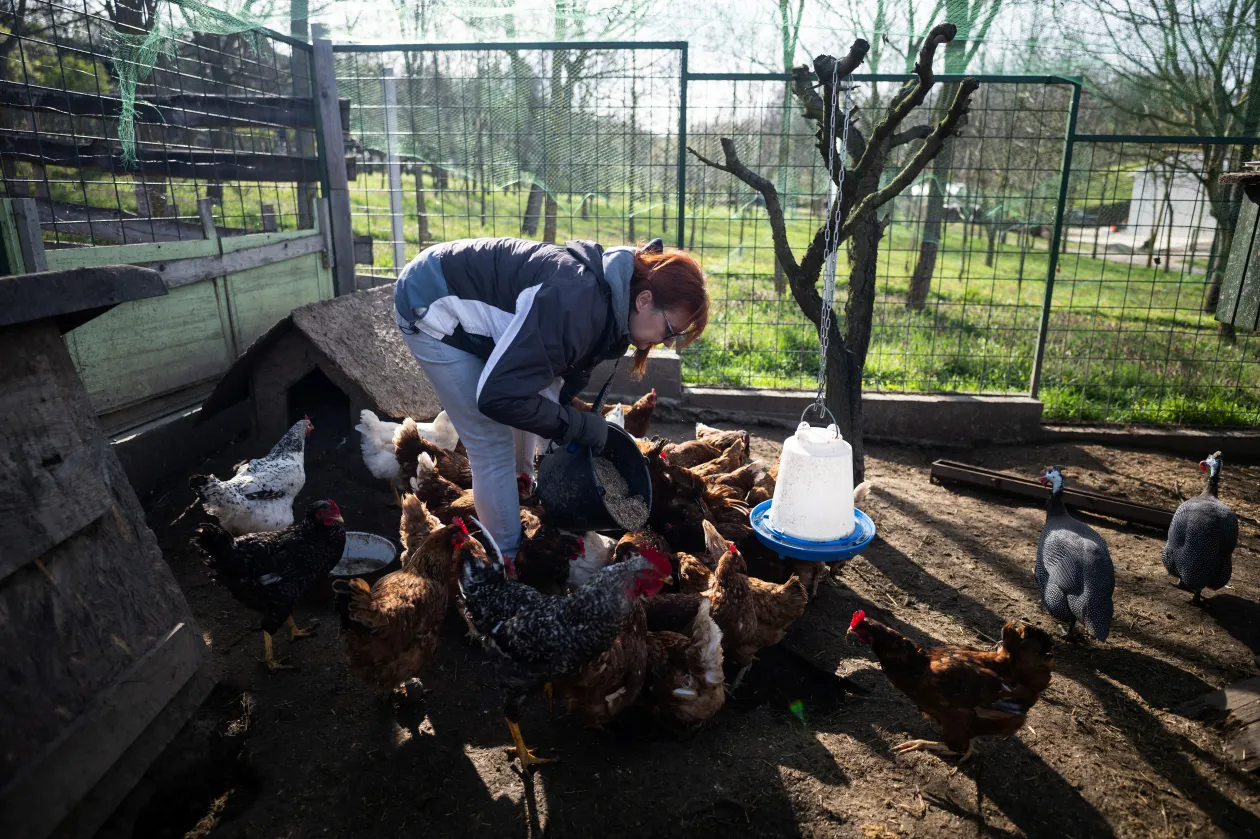
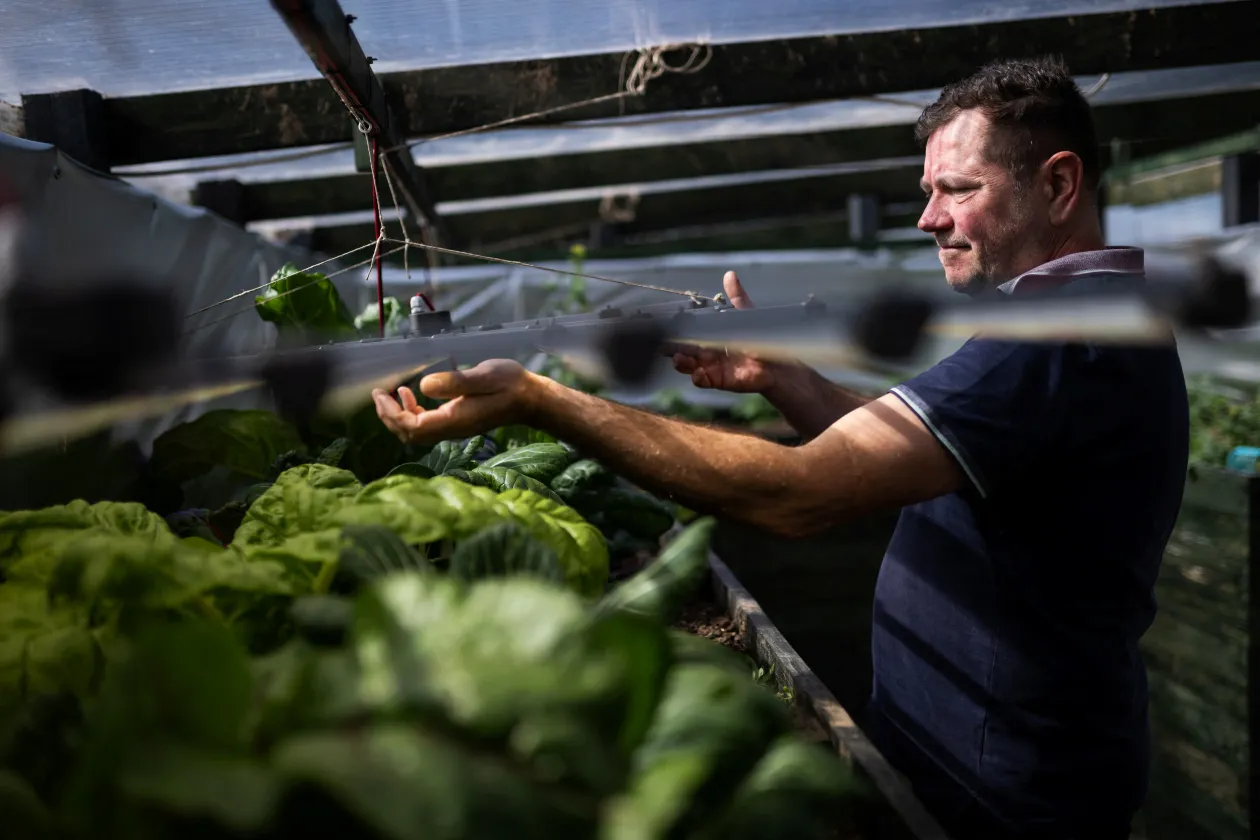
Reuters spoke to six other families who have also left their jobs and the organized economy and are growing most of their own food. Some of them have their own water and energy sources.
Ákos Varga and his wife, Gabi were in their late fifties when they sold their IT and solar panel business four years ago to live more freely in Nagyberény, in western Hungary.
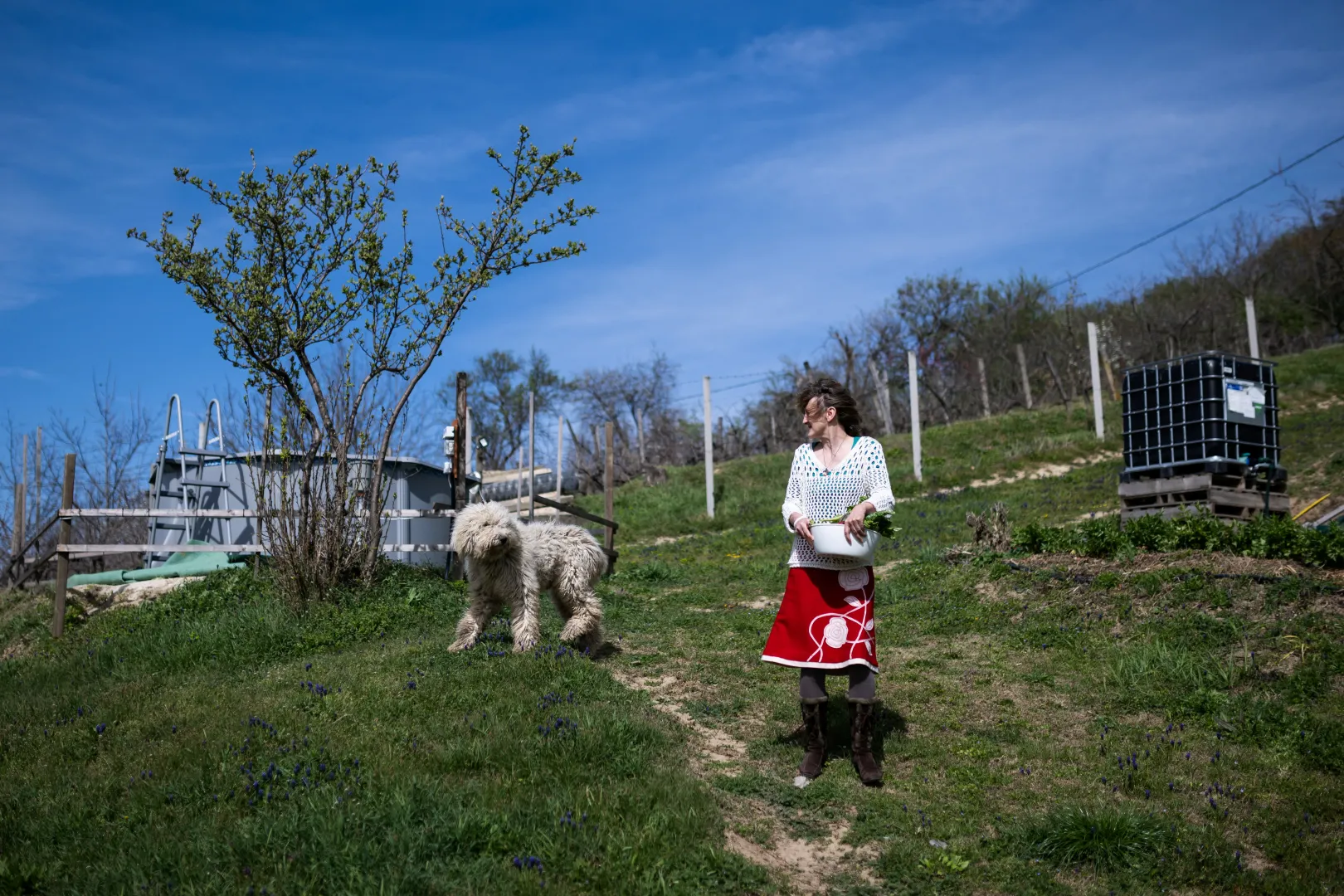
Varga believes that the popularity of self-sustaining communities built on mutual trust is going to grow. "We thought we had achieved everything we wanted in life, and then we asked ourselves if this was true happiness. We couldn't answer with a yes," says Varga. "We wanted to get closer to nature," he explains.
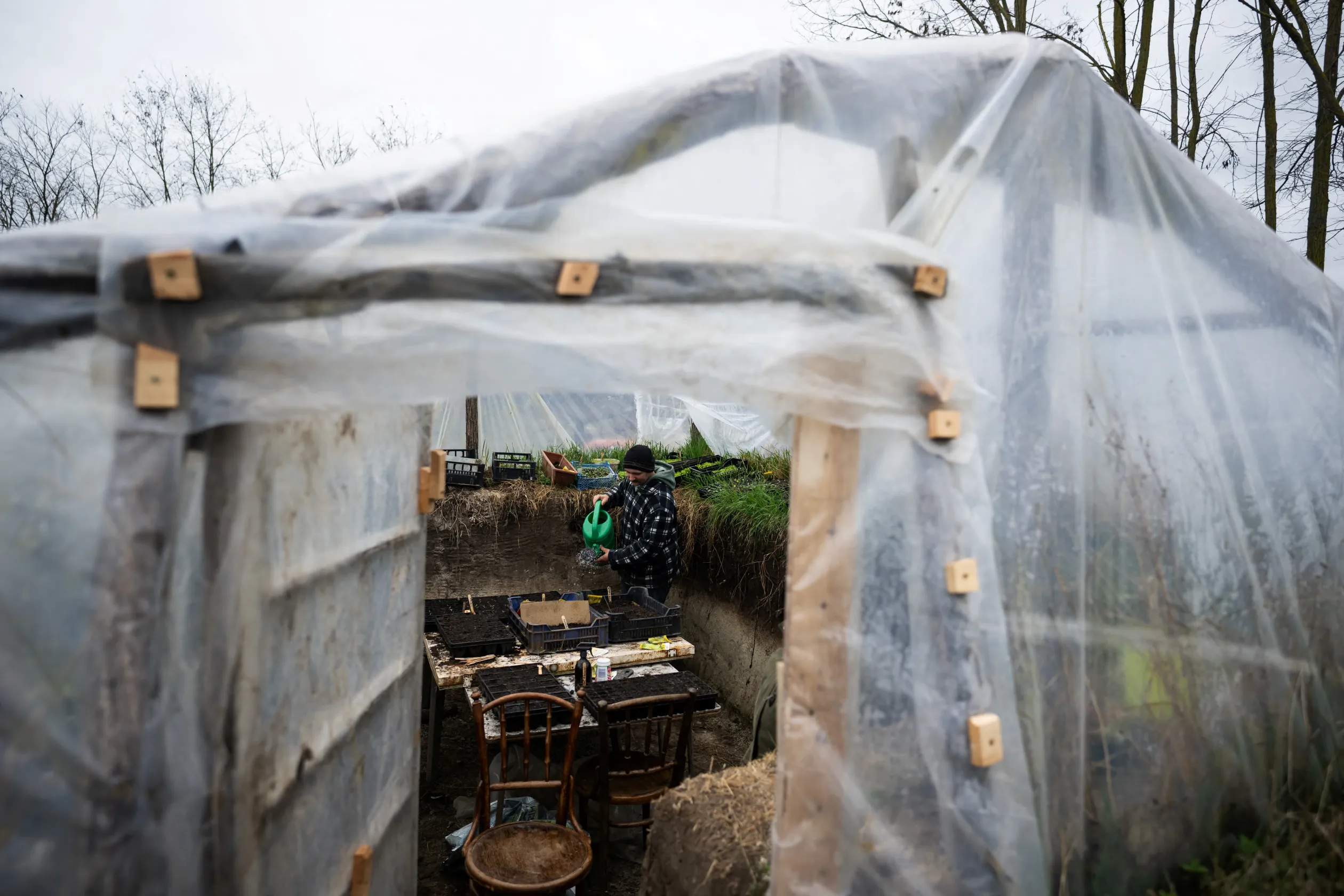
Relationships built on trust are also very important to László Kemencei. Through a barter deal, he received a small pot-bellied piglet from a friend, which they subsequently consumed from nose to tail. Another friend of his, a beekeeper, gave him a rooster in exchange for other food items.
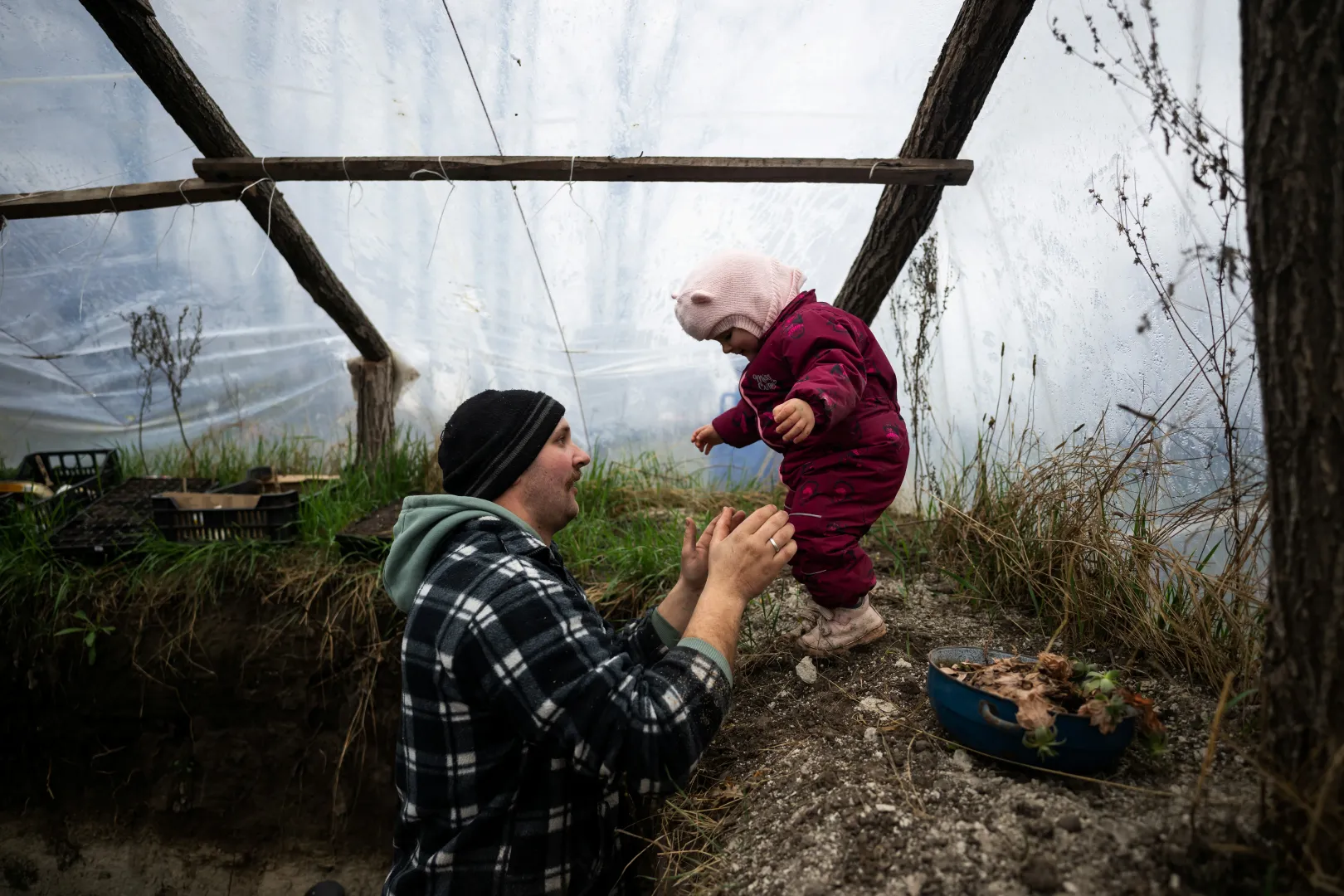
"Sometimes we slaughter a few chickens in order to exchange them for something we need, but we only cooperate with places that we know have an approach similar to ours. We try to exchange the chickens for honey or cheese by matching their value. This only works if everyone doesn't produce everything, but whatever they do produce, they do it well," he explains.
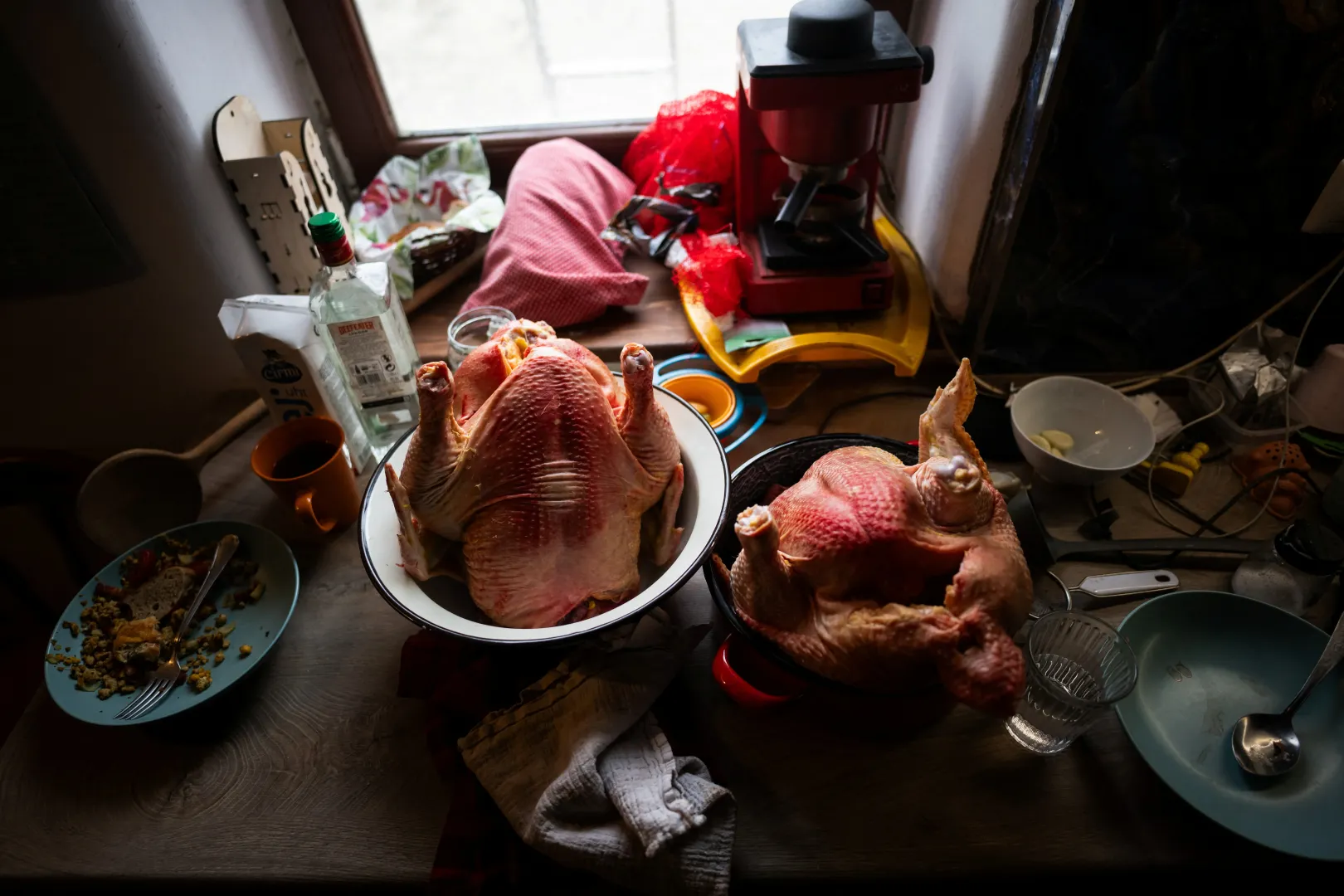
"We're not trying to change the world, we're not trying to be superheroes, there are plenty of those already. We simply want to produce what we need.”
They are not living totally offline, they do use the internet, electricity and gas for heating. But they get their water from wells, and in the future – as soon as they can afford them – they would like to have solar panels and wind turbines.
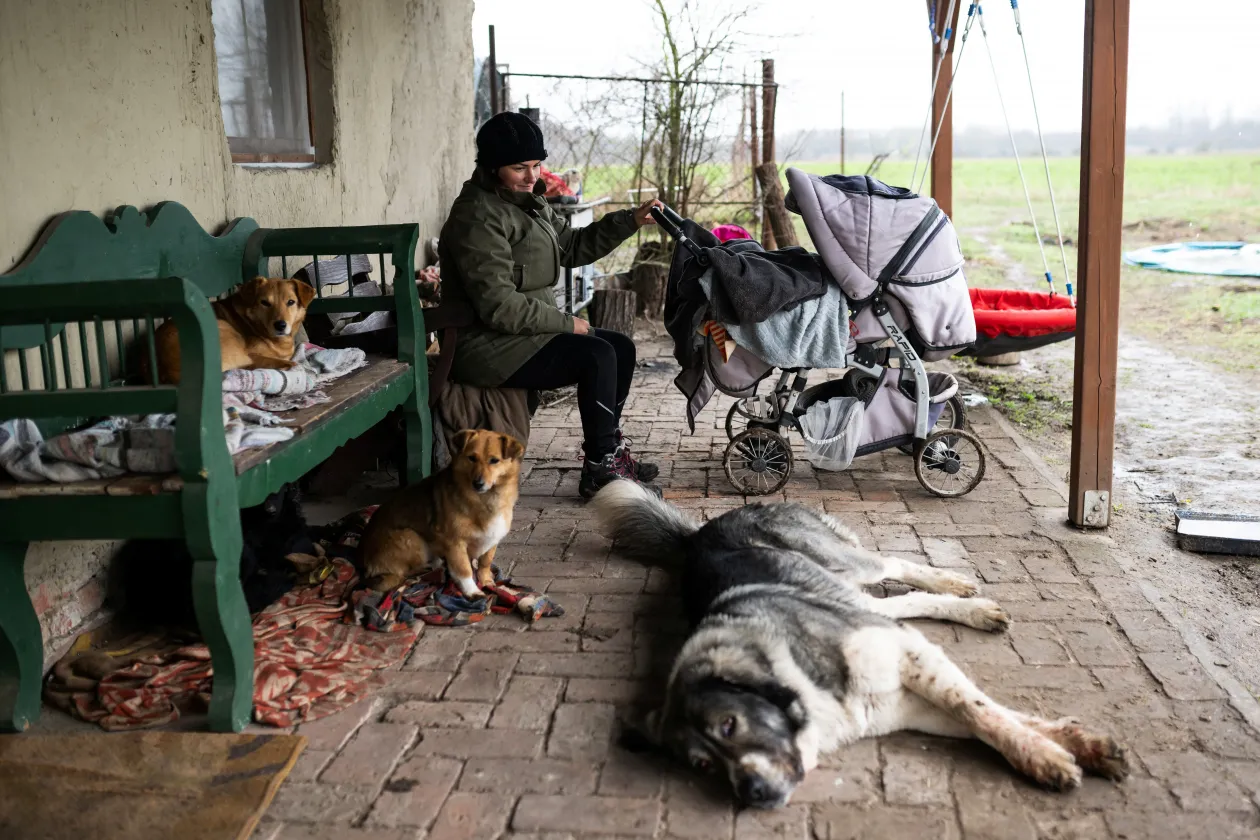
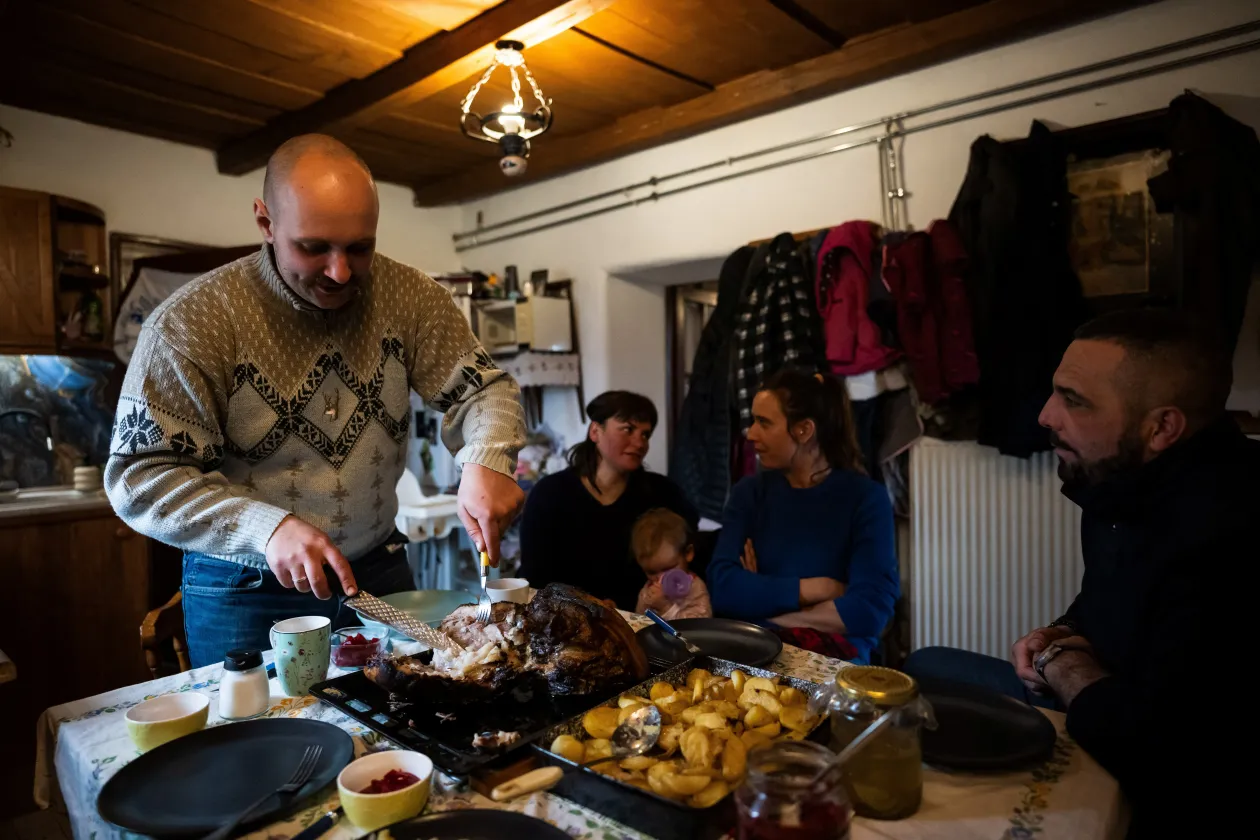
Barring any emergencies, they can manage on 250,000 forints (650 euros) a month. They only buy milk, sugar and other basic food items that they cannot produce themselves.
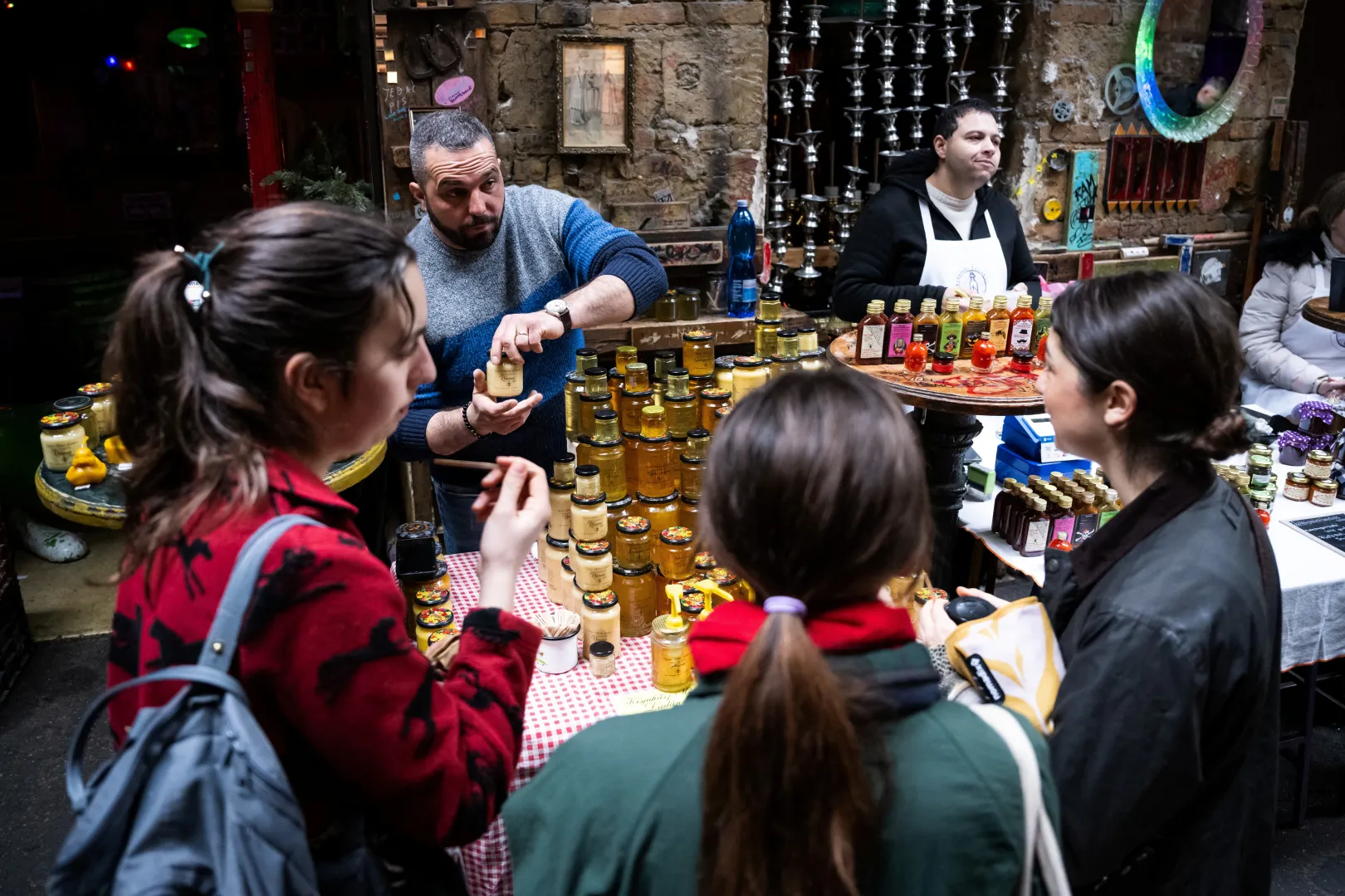
For the crops, they keep a polytunnel, which is a pit dug in the ground and covered with a polyethylene covering. It is called "walipini", which means "warm place" in Bolivia, where the method originated.
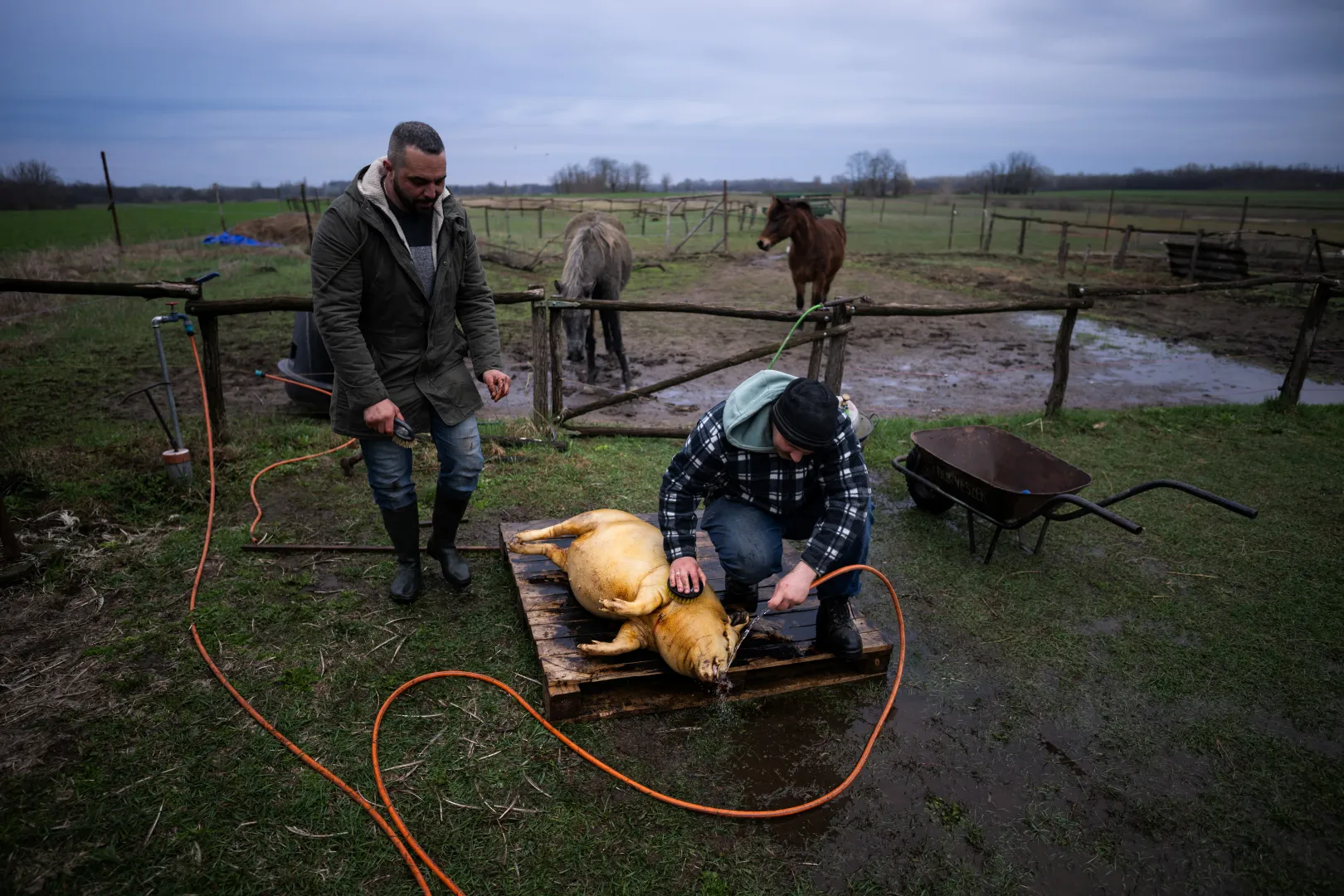
"We must lower our standards a bit, because we are living in a world where if the horse we are galloping on dies, we simply move on to another one. It's scary, but everyone should do the best they can within their own limits," Kemencei explains.
